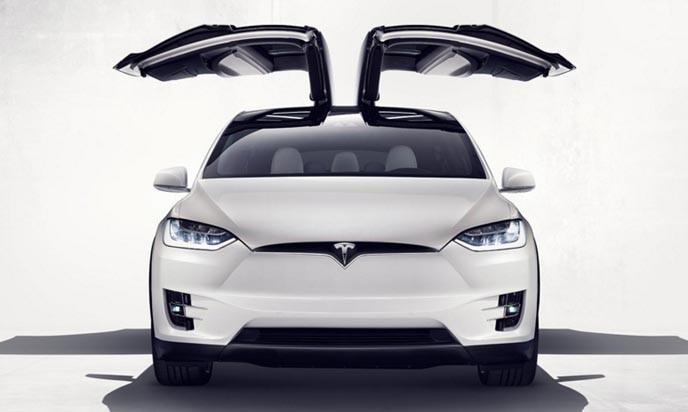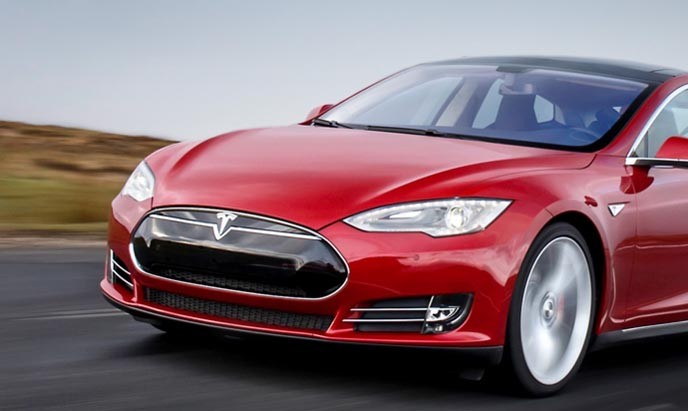What is success? It may sound like such a simple question, but it’s actually a lot more complicated than that. Are you successful if you are earning a lot of money, but you have to put in over 80 hours of work every week? Are you successful if you’re only earning a modest middle-class income, but that money is mostly earned passively and you’re living the dream of the four-hour work week? Are you successful if you have a lot of money, but you don’t have any friends or family with which to enjoy it?
No matter what definition of success you may have in your head, most of us would agree that you should at least be making some money if you want to call yourself successful. You need to be making enough money to be keeping a roof over your head and food on the table, not worrying about keeping the lights on. You want to be comfortable.
While you may not agree with certain business practices on a moral or ethical level, I think we can also all agree that Walmart is successful. That Costco is successful. That Apple is successful. They are all well in the black. They are all profitable.

And then you’ve got a company like Tesla Motors, makers of the $140,000 Model X electric SUV that John got for free. Most people, even if they haven’t looked at any of the numbers, would likely say that Elon Musk’s Tesla is pretty darn successful. This is despite having a rather terrible affiliate program.
But how you can possibly say that Tesla is successful when it’s being reported that the company actually *loses* $4,000 with every Model S that it sells. If you’re losing money each time you sell your product or service, you’re clearly not turning a profit and you’re not making any money. By extension, you’re not successful. Right?
This $4,000 figure has been reported on by several reputable outlets, including Reuters and Fortune. But this is a very near-sighted perspective on the meaning of success and how they’re choosing to arrive at that figure. You need to look at the bigger picture.

The simple way that they came up with the $4,000 figure in the first place is that they looked at the operating loss for Tesla during that period. The company spent a certain amount of money and it sold a certain number of vehicles for another amount of money. Dividing through to each unit sold, that worked out to a $4,000 loss per car.
However, as Autoblog pointed out, there’s much more to this story. Tesla Motors spent a lot of money in buying new machinery and infrastructure during that time. This is an investment in the company’s future, because that new machinery and infrastructure can continue to serve Tesla for years to come.
From the perspective of an Internet marketing professional, this might be equivalent to you spending money on a mastermind course, a training program, or some excellent SEO software. You may not turn a profit in the first year due to these expenses, but those investments can pay dividends in the years to follow, giving you even bigger profits than if you had not made those investments.
And indeed, going even further, Tesla isn’t even looking to make money on its cars yet. Elon Musk’s grand vision is far bigger than that, helping to push an industry and society toward greater adoption of electric cars and an infrastructure that can support their use.
So what is success? Is it completely contingent on turning a sizable profit? If you can look yourself in the mirror at the end of the day and be proud of what you’ve accomplished, if you can honestly tell yourself that what you’ve done today paves the way for a brighter tomorrow, then you can legitimately call yourself successful.
A bigger bank account just happens to be a desirable side effect and one that you should work toward for tomorrow and not necessarily for today.
